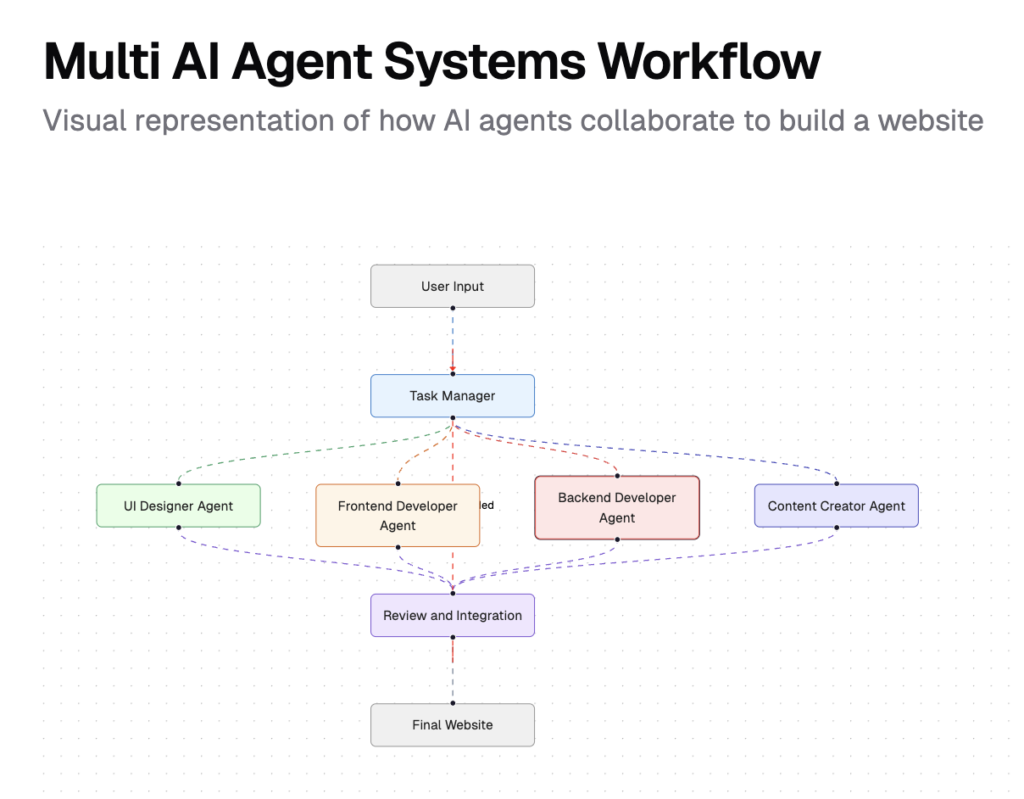In today’s rapidly changing business landscape, small business owners are increasingly turning to artificial intelligence (AI) to enhance their customer support systems. This article explores the groundbreaking ways AI customer support is revolutionizing the customer experience, examining its benefits, functionality, common applications, and the challenges it presents. As we delve into the future trends of AI in customer support, you’ll discover how adopting these innovative technologies can not only streamline operations but also elevate customer satisfaction to new heights.
Key Takeaways:
- AI customer support significantly enhances operational efficiency for small businesses.
- Implementing AI in customer service leads to improved customer satisfaction and retention rates.
- AI technologies like chatbots and virtual assistants streamline communication and problem-solving.
- Understanding the challenges of AI integration is crucial for effective implementation.
- Staying informed on future trends in AI customer support can help small businesses remain competitive.
Introduction to AI Customer Support
AI customer support is revolutionizing the way small businesses interact with their customers, providing an efficient, scalable solution to meet growing demands for timely assistance. By integrating AI-driven chatbots and virtual assistants into your customer service strategy, you can enhance the customer experience while significantly reducing operational costs. These intelligent systems can handle a variety of inquiries—from answering frequently asked questions to troubleshooting issues—24/7, ensuring that your customers receive immediate support whenever they need it. Furthermore, AI customer support tools analyze user interactions to continuously improve their responses and provide personalized recommendations, which can lead to increased customer satisfaction and loyalty. For small business owners looking to stay competitive in today’s fast-paced market, investing in AI customer support is not just an innovation; it’s a necessity.
Benefits of AI in Enhancing Customer Experience
Adopting AI customer support systems can significantly enhance the customer experience for small businesses, offering a multitude of benefits that streamline interactions and improve satisfaction. Firstly, AI support solutions provide 24/7 availability, ensuring that customers can receive assistance at any hour, thus eliminating wait times and accommodating various time zones. This constant accessibility not only fosters a sense of reliability but also helps in retaining customer loyalty. Moreover, advanced AI algorithms can analyze customer queries and behaviors to provide personalized responses swiftly, enabling a more tailored experience that meets individual needs and preferences. Additionally, AI systems can handle a high volume of inquiries simultaneously, freeing up human resources to focus on more complex issues that require a personal touch, which can enhance overall service efficiency. By leveraging AI in customer support, small business owners can not only enhance operational efficiency but also cultivate a stronger relationship with their clients, ultimately leading to increased customer satisfaction and retention rates.
‘Your most unhappy customers are your greatest source of learning.’ – Bill Gates
How AI Customer Support Works
AI customer support operates through sophisticated technologies that leverage natural language processing (NLP) and machine learning algorithms to provide efficient responses to customer inquiries. For small business owners, implementing AI customer support can streamline operations by automating responses to common questions, enabling 24/7 assistance, and reducing wait times, thereby enhancing customer satisfaction. These systems can learn from interactions to improve over time, tailoring support to meet the specific needs of your clientele. By integrating AI customer support into your business model, you not only save valuable time and resources but also gain insights from data analytics that can inform strategic decisions, ultimately leading to a better understanding of your customers’ preferences and behaviors.
Common AI Customer Support Applications
AI customer support has rapidly transformed the landscape of customer service, especially for small businesses striving to enhance efficiency and customer satisfaction. Among the most prevalent applications are chatbot solutions, which provide immediate responses to common inquiries, reducing the burden of repetitive questions on human agents. These intelligent systems can operate 24/7, allowing businesses to maintain a continual presence and support capability, regardless of time zone or business hour constraints. Additionally, AI-driven analytics tools enable small businesses to gain insights from customer interactions, highlighting trends and areas for improvement that can tailor future customer engagement strategies. Furthermore, AI can assist in ticketing systems, automating the categorization and prioritization of customer requests, ensuring that urgent issues are swiftly addressed. By implementing these AI customer support applications, small business owners can not only improve operational efficiency but also deliver a superior customer experience that fosters loyalty and drives growth.
Challenges and Limitations of AI Customer Support
While AI customer support systems offer numerous advantages, such as round-the-clock service and quick response times, small business owners must also contend with several inherent challenges and limitations. One significant concern is the ability of AI to understand and respond to the nuances of human conversation, especially in complex or emotionally charged situations, where empathy and a personalized touch are paramount. Moreover, the implementation of AI customer support can be resource-intensive; small businesses may find it difficult to invest in the necessary technology and training to ensure their AI systems function optimally. Additionally, there are potential issues with data privacy and security, as AI systems often require access to sensitive customer information. This could expose small businesses to risks when compliance with data protection regulations is not adequately maintained. Lastly, reliance on AI could inadvertently lead to customer dissatisfaction if users feeling frustrated by automated responses instead of having their inquiries resolved by a knowledgeable human agent. Small business owners must weigh these challenges against the benefits to determine the most effective customer support strategy.



